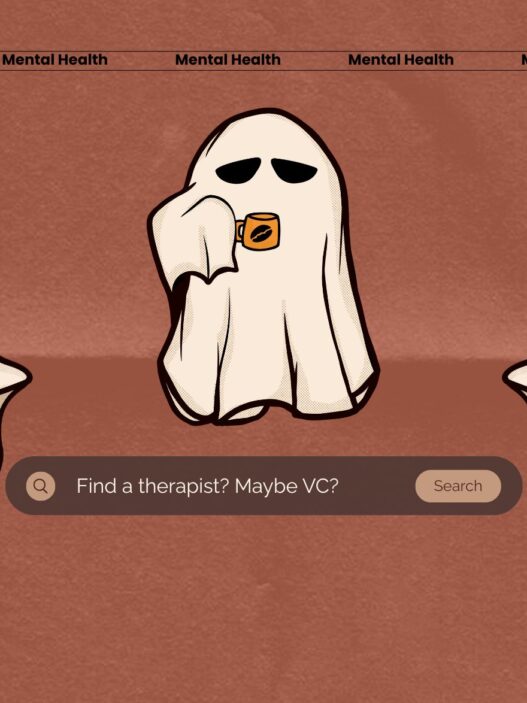Therapists are understandably excited about the potential of artificial intelligence to ease the burden of paperwork and administrative tasks.
After all, spending less time on documentation could mean spending more time providing quality care to patients.
However, there is an emerging and troubling trend behind this technological promise that mental health professionals need to recognize immediately.
Insurance companies are positioning themselves to capitalize on AI-generated notes in ways that could significantly limit patient care.
Imagine this scenario: you diligently use an AI system to help generate accurate session notes, hoping to streamline your daily tasks.
Initially, it seems helpful, saving you valuable time and reducing your stress.
Yet what happens next is deeply concerning. Insurance companies could soon leverage AI-generated notes to automate the process of approving or denying patient claims.
Right now, many insurance companies rely on workers with minimal medical or psychological training to decide whether treatment is “medically necessary.”
It’s already problematic, but imagine if these human gatekeepers were replaced entirely by algorithms trained only to identify keywords.
This scenario is not far-fetched. Insurance companies have clear incentives to cut costs by denying coverage, clawing back payments, and initiating burdensome audits based on algorithmic triggers.
The human elements critical to therapy, empathy, nuance, context, are entirely lost when notes are reduced to a line-by-line keyword search.
When AI takes precedence over clinical judgment, the quality and effectiveness of mental health care suffer dramatically.
I experienced firsthand the transformative power of therapy when confronting a debilitating stutter.
It was the careful, personalized approach of my therapist, based on intimate knowledge of my background, that allowed me to understand and overcome my challenges.
No algorithm could have grasped the complexity and nuance of my situation.
No keyword-driven software would have captured the depth of therapeutic conversations that ultimately led to my healing.
If therapists and mental health advocates do not actively engage now, AI technology in healthcare could do more harm than good.
It’s essential to establish clear regulations and guidelines to protect both therapists and patients from harmful practices.
We must demand transparency from insurance companies regarding their use of AI.
More importantly, we need a healthcare system that prioritizes genuine patient care over cost-saving algorithms.
AI needs to support therapists, not undermine them.
The future of compassionate, effective mental health care depends on maintaining the irreplaceable human connection at its core.























